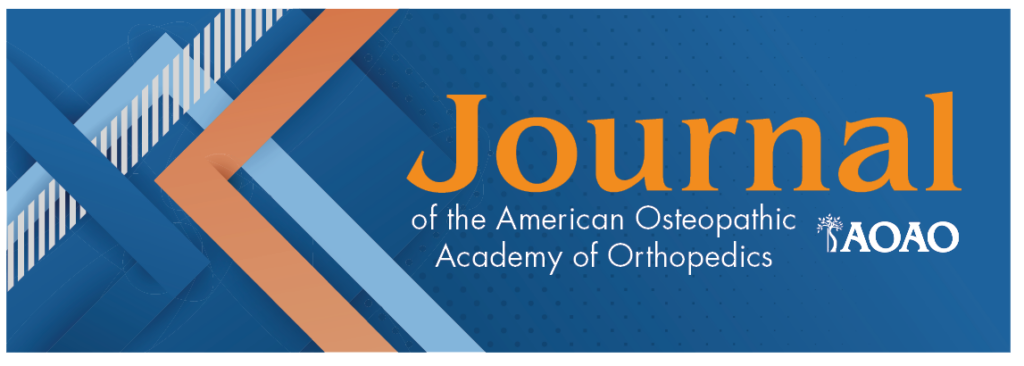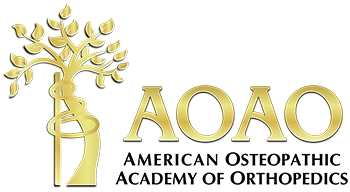1Kamson A, 1Parekh S, 2Lehane K, 3Peppelman W
1UPMC Pinnacle, Harrisburg, PA, United States; 2Philadelphia College of Osteopathic Medicine – GA Campus, Suwanee, Georgia, United States; 3UPMC – Arlington Orthopedics, Harrisburg, PA, United States
Introduction: Diffuse idiopathic skeletal hyperostosis (DISH) is a non-inflammatory systemic condition characterized by calcification and ossification of tendons, ligaments, and entheses of the axial and peripheral skeleton. The disorder predominantly affects males and increases in prevalence with aging. The anterior spine is commonly affected, often involving the anterior longitudinal ligament and sparing the intervertebral disk. Ossification and the eventual formation of osteophytes can lead to multiple clinical manifestations including decreased range of motion, radiculopathy, myelopathy, and dysphonia. Dysphagia is a rare manifestation of the disease presenting in approximately 0.1% to 4% of cases. Operative intervention is commonly accomplished via osteophytectomy through an anterior approach to the cervical spine. We present a case where a patient underwent surgical intervention for dysphagia after failing extensive medical modalities.
Methods: An 84-year-old male presented to the medical service with shortness of breath and dysphagia to solid and liquids. Past medical history was significant for GERD, chronic kidney disease, hypertension, hyperlipidemia, and a hiatal hernia. He had been previously hospitalized for dysphagia, with less severity. He had undergone multiple EGD’s and dilations, with decreased symptom resolution from each procedure. A barium swallow demonstrated esophageal impingement by osteophytes, most significantly at C4-5. Computed tomography obtained during prior hospitalizations demonstrated increasing osteophytes. Due to the chronicity of his symptoms, failure to significantly improve after GI interventions, and imaging demonstrating esophageal impingement, it was determined that he would likely benefit from surgical intervention. He underwent a C3-6 osteophytectomy with partial C3-6 corpectomies. Resection of anterior osteophytes required burring approximately 3 cm of bone to reach each vertebral body at their corresponding levels.
Results: At six months postoperatively, he was tolerating a regular diet with complete resolution of symptoms. Imaging at that time demonstrated no signs of aspiration or dysphagia.
Conclusion: DISH as a cause of dysphagia remains a rare occurrence. It is important to undergo a thorough workup by a gastroenterologist or otorhinolaryngologist prior to considering surgical intervention. Patients that are deemed appropriate surgical candidates may benefit from an osteophytectomy; however there is always a risk of symptom recurrence. The utilization of a multidisciplinary approach that includes speech and diet therapy is essential to maintaining adequate nutrition and symptom relief.


